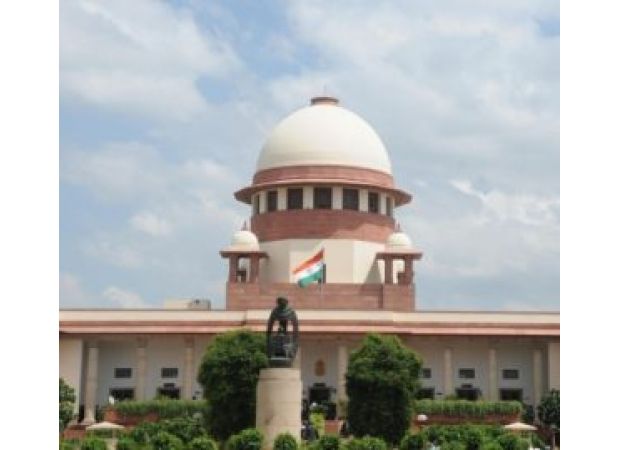SC rules that Motor Vehicle Tax should not be imposed if vehicle is not used in a public place.
The Supreme Court stated that motor vehicle tax is only applicable if the vehicle is being used in a public place, and not if it is not being used or kept for use in a public place.

The Supreme Court recently addressed the issue of motor vehicle tax and its applicability in cases where a vehicle is not used or kept for use in a public place. The bench consisting of Justices Manoj Misra and Ujjal Bhuyan delivered its verdict on an appeal challenging a previous judgement of the Andhra Pradesh High Court.
The apex court clarified that motor vehicle tax is meant to be compensatory in nature and has a direct connection to the end use of the vehicle. It is imposed with the rationale that individuals using public infrastructure, such as roads and highways, should bear the cost of such usage. The court referred to section 3 of The Andhra Pradesh Motor Vehicle Taxation Act, 1963, which specifically mentions the term "public place" in its provision.
According to the bench, this section deals with the levy of tax on motor vehicles. It further explained that if a vehicle is not used or kept for use in a public place, the person owning the vehicle is not benefiting from the public infrastructure and should not be burdened with motor vehicle tax for that period. The judgement, delivered on August 29, stated that section 3 of the Act is the charging provision, authorizing the state government to impose tax on motor vehicles.
The court clarified that the taxable event under this section is when a vehicle is used or kept for use in a public place within the state. Therefore, the tax liability arises only if a vehicle is actually used or intended to be used in a public place. In the case at hand, the motor vehicles owned by the appellant firm were confined to be used within the premises of Rashtriya Ispat Nigam Limited (RINL), which is a closed area. Hence, the question of these vehicles being used or kept for use in a public place did not arise.
The bench observed that the motor vehicles in question were used or kept for use only within the restricted premises of RINL, which is not considered a public place. Therefore, the vehicles were not liable to be taxed for the period they were used within the restricted premises of RINL. The appeal was allowed by the court.
The appellant in this case is a firm that has been providing logistic support since 1985. In November 2020, they were awarded a contract to handle and store iron and steel materials at the central dispatch yard within Visakhapatnam Steel Plant, Andhra Pradesh. The firm used 36 motor vehicles for plying within the central dispatch yard premises.
When the firm requested for an exemption from motor vehicle tax for the period their vehicles were confined and used within the central dispatch yard premises, the matter reached the Andhra Pradesh authority. This request was made in accordance with section 3 of the 1963 Act. However, the single judge at the high court ruled in favor of the firm, stating that the central dispatch yard was not a public place. The state authorities then challenged this order before a division bench, which set it aside.
In conclusion, the Supreme Court clarified the applicability of motor vehicle tax and its connection to the end use of the vehicle. It emphasized that a vehicle should not be taxed if it is not used or kept for use in a public place. The bench also took into consideration the specific language used in the Act and ruled in favor of the appellant firm, directing the state authorities to refund the amount of Rs 22,71,700.






